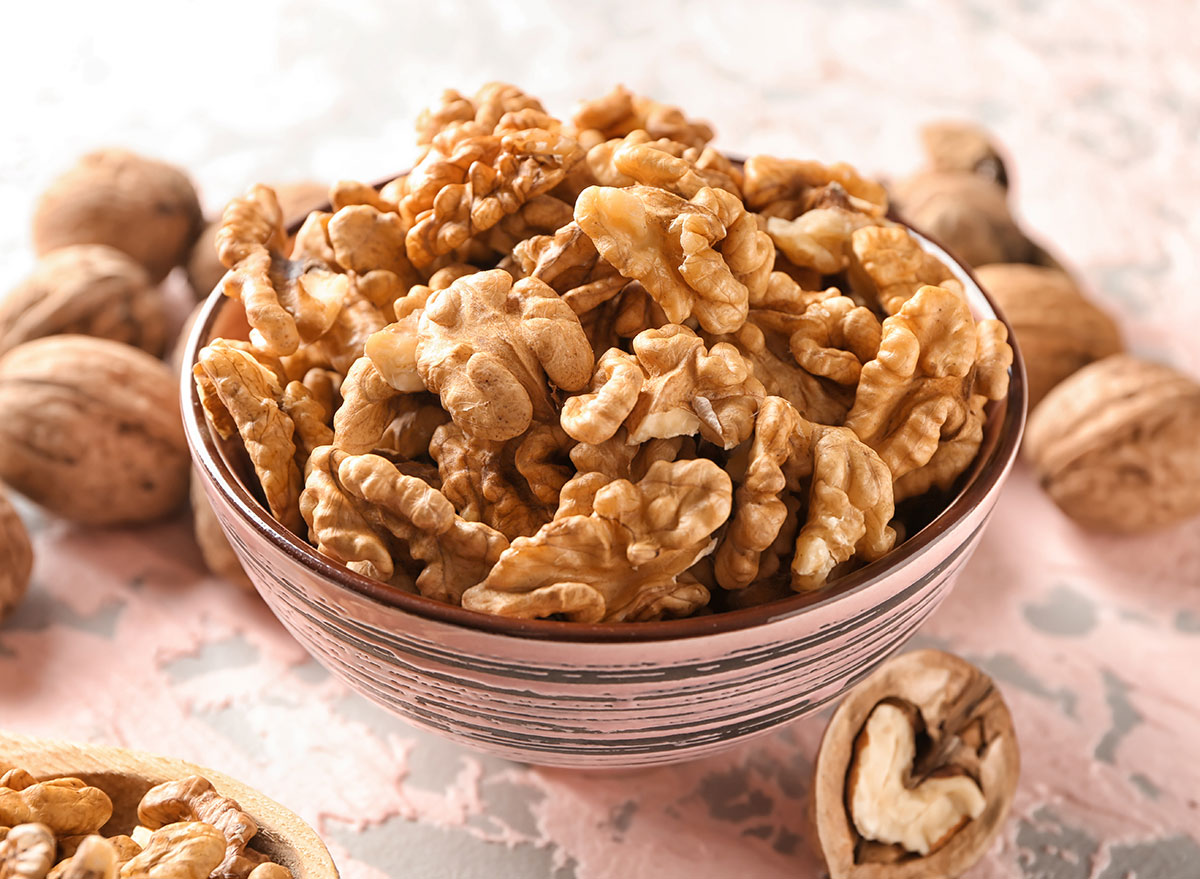Black walnuts contain three main components that make them beneficial when consumed –antioxidants, polyunsaturated fats, and phenolic compounds. The walnuts also contain a range of other nutrients that includes fiber, protein, melatonin, and folate, which is a type of B vitamin. Whether people eat them in nut form or take them as a supplement, black walnuts have many potential health benefits.
Black walnuts are packed with antioxidants, and they’re generally more nutritious than their more common walnut brethren. The antioxidant and antibacterial compounds in their outer shells, or hulls, make them useful for naturally treating parasitic and bacterial infections.
Black walnuts are a nutrient-dense food — low in carbs and high in protein, antioxidants, and omega-3 fatty acids.
The extracts from black walnut hulls are popular in herbal medicine and are used to treat parasitic infections. It can also be used as a gargle and as a natural dye.
Benefits of Black Walnut
- Reduced risk for cardiovascular disease
- Lowering blood pressure
- Improved cholesterol levels
- Protection against neurological diseases
- Reduced risk for liver cancer
- Better Gut Bacteria
Things to Watch Out For
If you have a nut allergy, you should avoid black walnuts. The tannins in black walnuts could interfere with anticoagulants or medication for stomach disorders.




